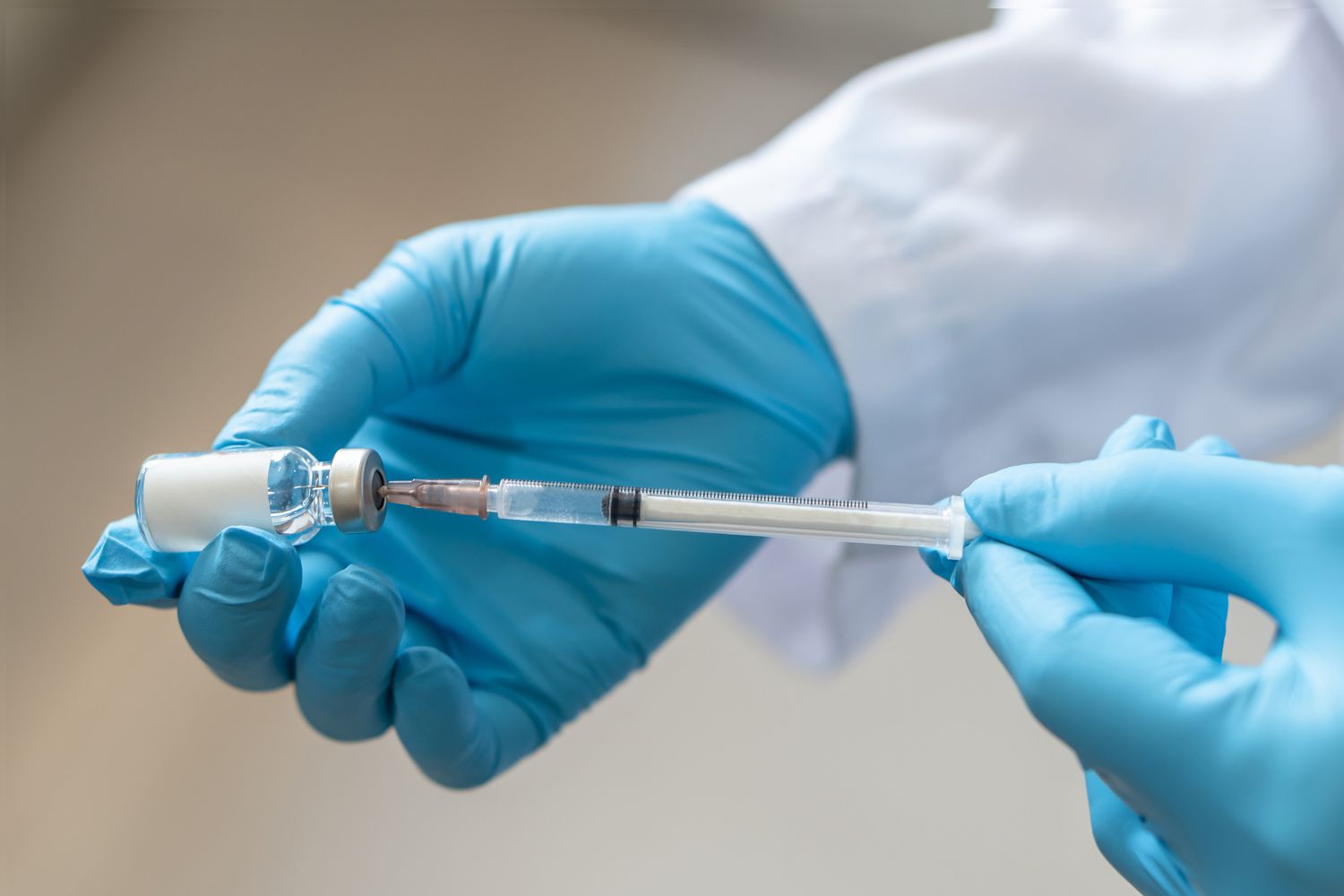What You Need to Know About the Measles Outbreak in DC and Atlanta

Health authorities declare multiple outbreaks of measles across different states in the U.S.
This comes amidst the common surge in illnesses such as colds, influenza, and RSV experienced during the winter season. However, the inclusion of measles in this year's disease line-up is quite unexpected.
A recent report stated that nine individuals in Philadelphia tested positive for measles. This incident happened when a child, who had been exposed to the virus, disregarded the recommended isolation period and attended daycare.
Similarly, in Virginia, there has been a warning about potential measles exposure after an individual with the disease traveled through both Dulles International Airport on January 3, 2024, and Ronald Reagan National Airport the following day.
Furthermore, Washington state reported six cases of measles, linking the outbreak to a family gathering.
Just yesterday, Georgia Public Health Department reported a confirmed case of measles in the Atlanta region.
There is significant concern and interest in how to prevent getting infected with the new cases of measles.
Although measles had been officially eradicated in North and South America in 2016, incidents of the disease do occasionally occur.
Periodic outbreaks and isolated cases have been reported in the United States for some years now.
For instance, the Centers for Disease Control and Prevention (CDC) reported 121 measles cases in 2022 and 48 in 2023. Data for 2024 cases has not been shared to date, but available health department reports indicate at least 16 measles cases in January 2024 alone.
According to William Schaffner, MD, an infectious disease specialist and professor at Vanderbilt University School of Medicine, there seems to be an uptick in measles cases in the country and "there are several ongoing outbreaks."
Dr. Schaffner stated that outbreaks typically occur when someone travels internationally and carries the disease back to the U.S.
More often, an individual (usually a child) in the U.S. travels abroad, contracts the measles virus, and then spreads it among unvaccinated persons, usually other children.
The World Health Organization (WHO) labels measles as one of the planet’s most contagious diseases.
The disease is transmitted through contact with the infected secretions from the nose or throat of an affected person through coughing or sneezing or by inhaling air breathed out from an infected person.
The virus can remain active and contagious in the air or on surfaces for up to two hours.
“Measles is extraordinarily infectious,” stated Thomas Russo, MD, Professor and Chief of Infectious Diseases at the University at Buffalo in New York.
"If the virus infiltrates a susceptible populace, its spread is nearly unavoidable," added Dr. Russo.
As Dr. Schaffner explained, the disease frequently appears to group together in the U.S. as it spreads among the unvaccinated.
"Unvaccinated children are often grouped together in specific regions, schools, or religious groups," explained Dr. Schaffner, emphasizing that when the disease is introduced to these populations, it spreads rapidly among unvaccinated individuals.
Containing this spread is important as measles is a serious illness.
Dr. Schaffner shared a shocking fact: "Before the measles vaccine was available in the U.S., between 400 and 500 children would die yearly from measles and its complications."
Medical professionals consider getting vaccinated against measles as the best proactive approach to lessen the risk of contracting the disease. The vaccination is conveniently combined with mumps and rubella (MMR) vaccines as part of the suggested childhood immunization regime.
Everyone, children and adults alike, can get the measles vaccine, and it is especially recommended for those who missed it as a child.
"This vaccine is incredibly good at preventing infection," states Dr. Russo.
According to the CDC, completion of the two-dose vaccine regimen offers about 97% protection against measles.
Dr. Schaffner advises that anyone unvaccinated against measles should seek to update their immunization status by visiting a primary care doctor. He notes that the effects of contracting the virus worsen with age.




